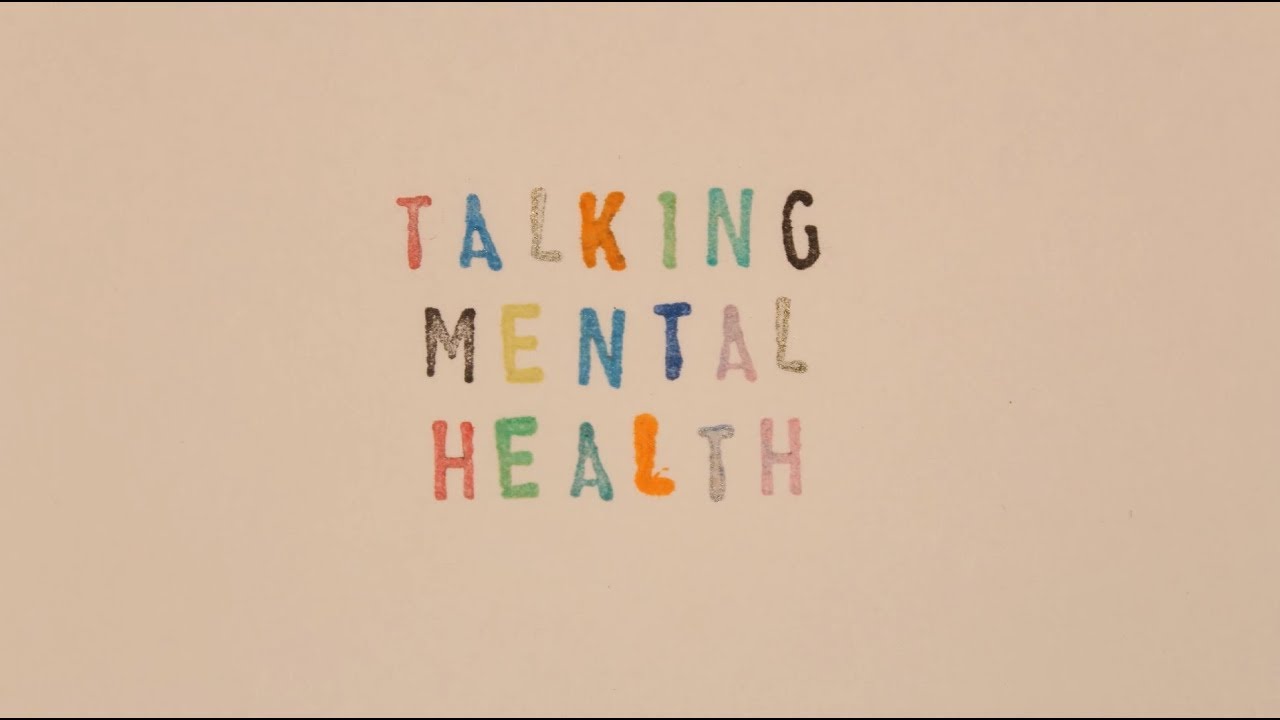I was working in a hospital and I was visiting the psychiatric ward, when I arrived I was greeted by a nice young man I met at church, I thought I was an escort until he said he was a patient and that this was his fourth hospitalization Meanwhile, a nurse saw us talking, and when he and I finished talking, he asked me if I knew him.
“Yes, let’s go to the same church. “
- “Ah.
- We love them.
- We think everyone here should go to this church.
- I don’t know what they’re doing.
- But at least three of our patients have improved long after they get there.
The church we attended was relatively small (maybe 100 participants), with many young people (several newlyweds), and, to my knowledge, no mental health professionals. This seemed normal. And yet the church’s help to psychiatric patients stood out for the team.
Reflecting on this church and the like, I have identified six principles that have guided your attention to people with complex problems, problems that would be identified as psychiatric. These include depression, bipolar disorder, dissociative identity disorder, anorexia and other disorders commonly treated with medications. I guess the person is already being cared for by a psychiatrist.
This principle is obvious, but not easy (1C 13. 4). We can communicate well with those who look like us, but it takes time to be patients we don’t understand. Patience and kindness are not discouraged by eccentricities, differences, or complicated problems.
If someone is daunting or disturbing, we do not exaggerate; Intense reactions are among the worst steps we can take. Instead, we can just ask, “Is everything okay?” Do you feel like you have something on your mind?The lone visitor receives an invitation to lunch. Goodness includes others and unies them in the great family of the church, where peculiarities abound.
When people are brave enough to say they are using psychiatric drugs, church members tend to retire. We think it’s for professionals and it wouldn’t be wise to get involved. However, when someone takes psychiatric medication, it means something hurts and Life can seem overwhelming. This means that the person has experienced suffering and that is a reason to approach.
There are precautions for us here. Often, on topics of which we know little, we speak with great confidence; we overinterpret suffering in the limited efforts to find causes and remedies; we can opt for demonic interpretations when a person’s problems seem strange to us. Rather, we want to know the person, be moved by his difficulties, ask him what would be useful, examine the scriptures together, and then approach the God who invites us to approach our needs (Heb 4 :dyyce).
We pray when we are distressed and only God can help us, and it comforts us when our relationships lead us to this place. Any search for perfect counsel will fail. Instead of counsel, prayer is our destiny.
This principle is also obvious, but it is not always easy. Prayer connects our needs with God’s promises and plans, but we cannot be confused about any of them. This confusion takes us to at least two places. First, it’s a natural time to ask others for help. Who can give us a better understanding of a person’s difficulties, who can give us a better understanding of the promises so that we can pray?Second, as we continue to search together for the scriptures to find meaningful passages for the person in difficulty, we can always pray, “Help us, Father. “
We’re not giving medical advice?We appreciate doctors who have experience with drugs, but we know that there are spiritual realities in the heart of all misery, suffering is an opportunity to reconsider God’s love, Jesus’ suffering, the presence of the Spirit, and so many other captivating truths that bring comfort and hope.
So let’s find a way to the scriptures. We will ask questions like, “Do you know the scriptures?” Yes? Are there any scriptures that have been helpful to you? Is there anything that has been painful for you? So we start together for an important text or topic. Our goal is to do it together. If the other person falls silent after mentioning a passage, then we ask what happened. Was the ticket useless? Have you caused something particularly difficult?
Talk about what you know. Remember, under the unusual behaviors identified by modern psychiatry are the struggles common to all of us, such as fallen bodies, broken relationships, guilt, shame, anger, and fear. All these elements have close links to our knowledge of Jesus.
Although finding the answer is often wrong, we should always know someone better. The challenge, both individually and as a group, is to love others by knowing them; and love them, include them in the community where we hear the word, know the joys and struggles of others and participate in worship, that is, sometimes we talk about the difficulties of one person and sometimes not.
We can summarize all these principles in this way: we walk humbly before God and others; We are aware of our limitations, needs, and dependence on the wisdom of others; and we walk with increasing confidence in God that is closer than we think. It’s our deepest need.
We can be sure that we have everything necessary for life and mercy in the knowledge of Jesus (2P 1. 3). We are convinced that patience and kindness are the right elements for everyone’s ministry. Without that trust, we would never take the first step towards someone else. However, this trust is associated with a humility that seems needy and often overwhelmed. Humility seeks the help of the Lord, his people, those who have experienced a particular problem, and those in trouble.
So in weakness do we want the glory of Christ to become more visible in the world.

